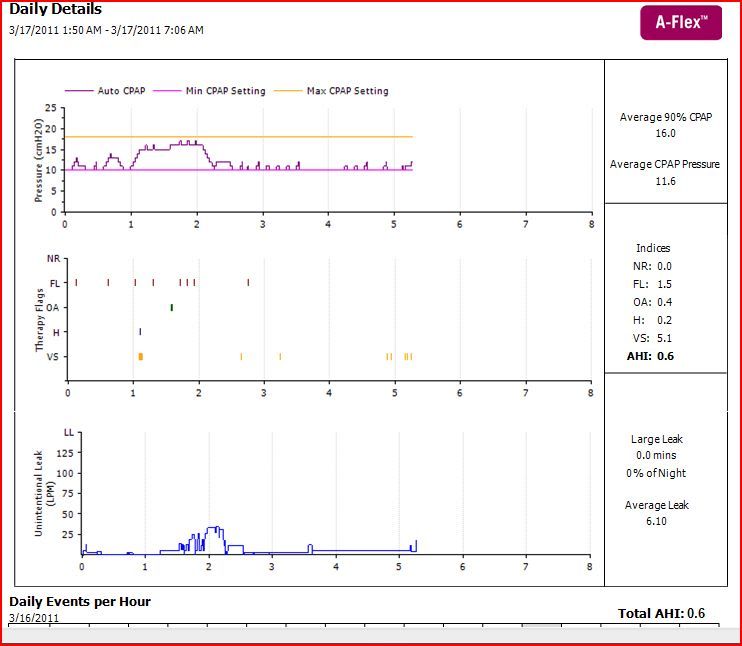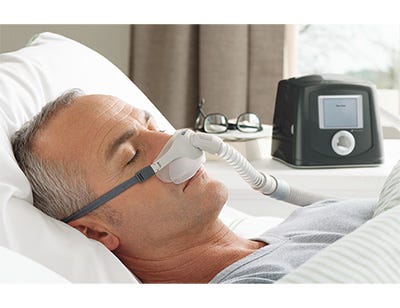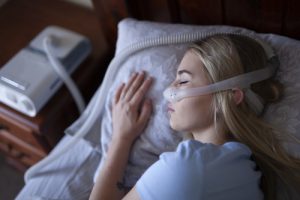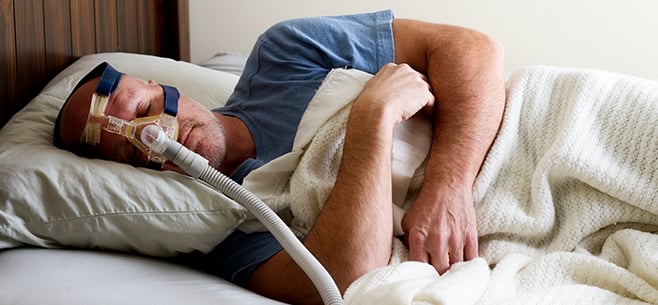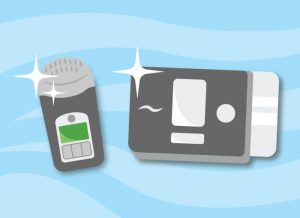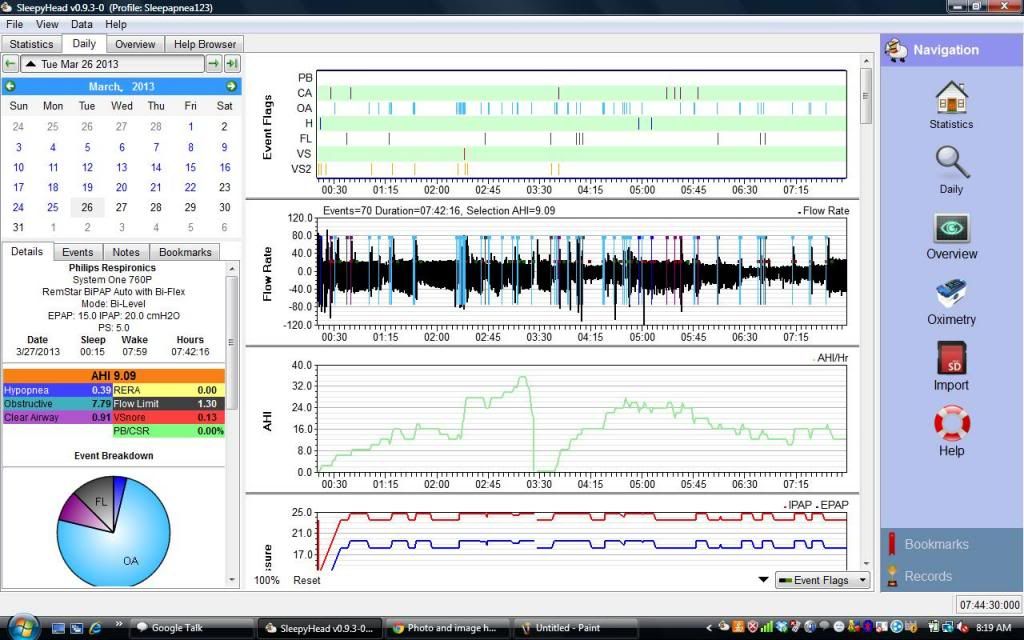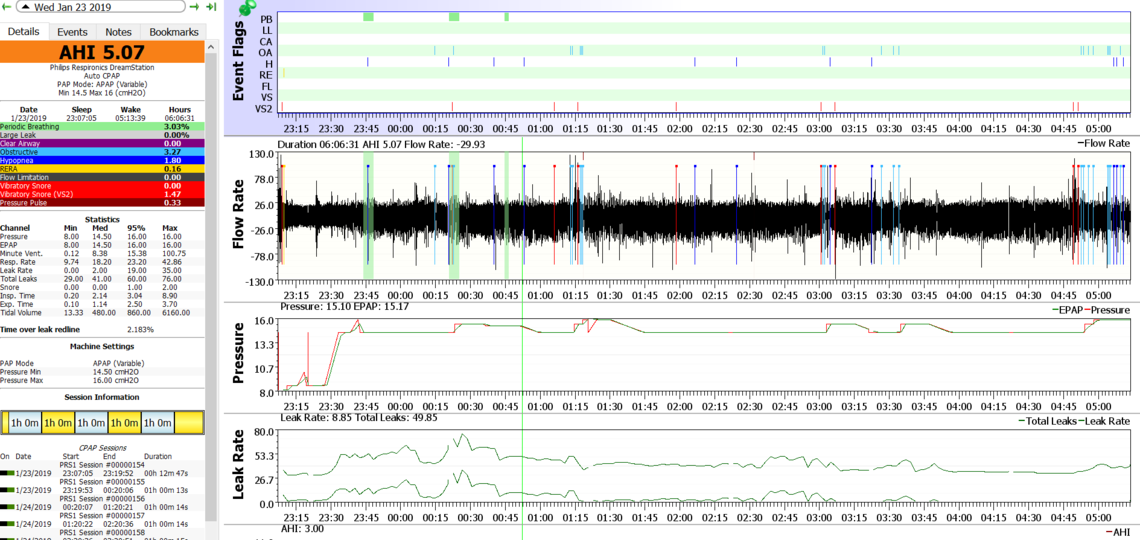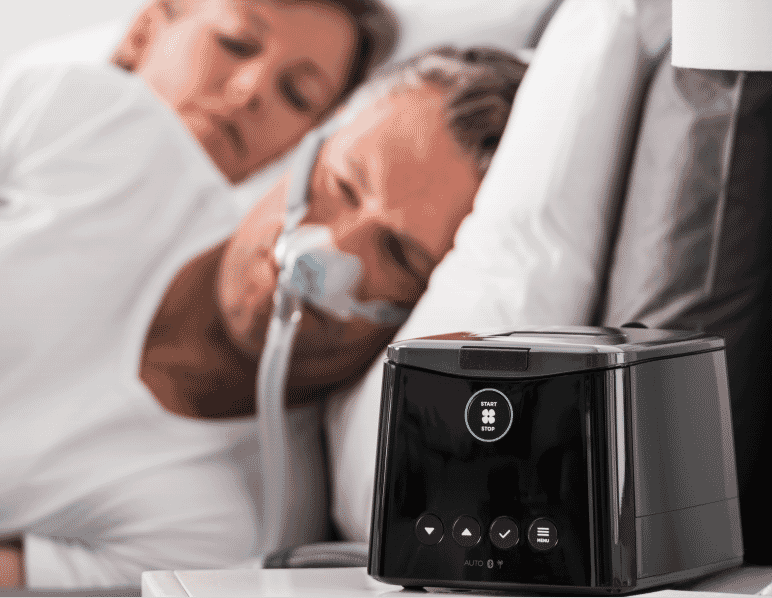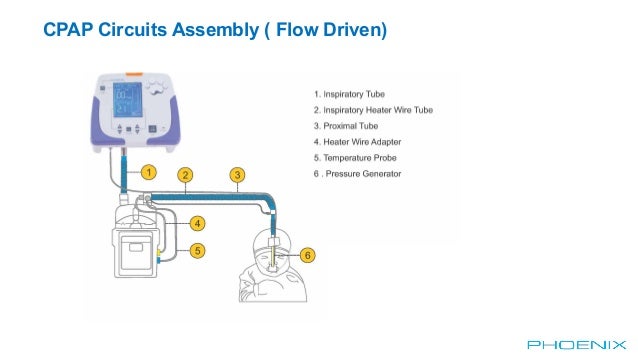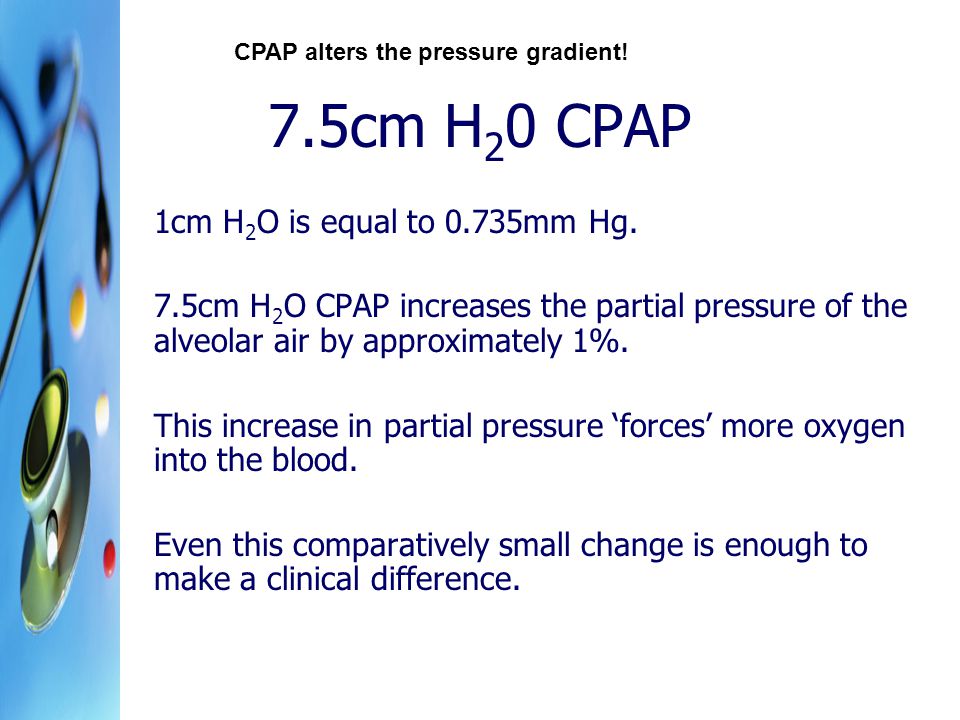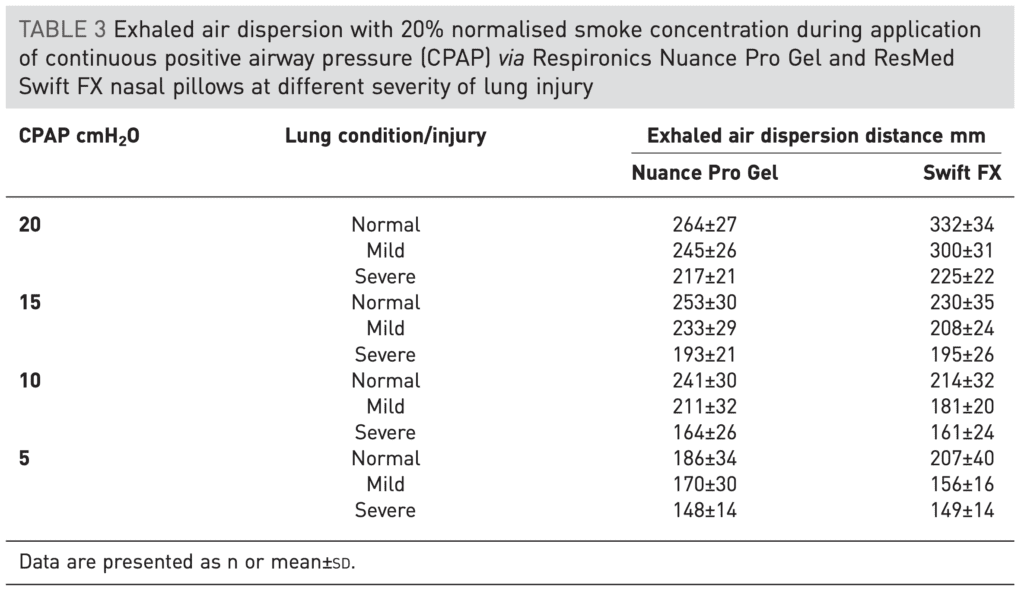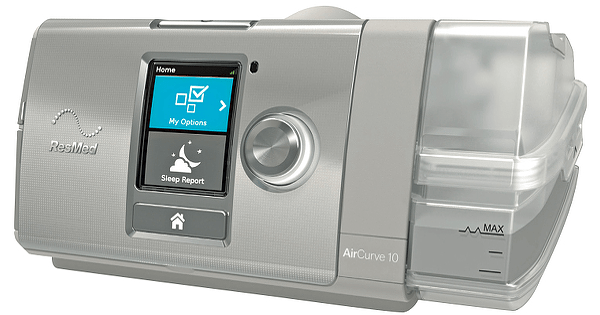Cpap Air Pressure 16

I have an auto cpap thus it automatically adjust to my bodies needs honestly.
Cpap air pressure 16. Most people with sleep apnea require cpap pressure between 6 and 14 cmh2o. Advanced sleep medicine is here to provide you the top five reasons for why your. The pressure settings on your cpap machine are measured in centimeters of water pressure. The average cpap pressure is 10 cmh2o.
Cpap machines deliver a specific amount of pressurized air to prevent the soft tissue from collapsing and blocking your airway. If the airway is open at the current cpap setting delivered it is maintained. Continuous positive airway pressure or cpap therapy is the gold standard for the treatment of sleep apnea which affects nearly 20 million americans. Most cpap machines have a pressure settings range from 4 cm h 2 o to 20 cm h 2 o.
And when i socially drink alcohol that night my cpap settings will go as high as 15cmh20 or 16 cmh2o to keep my airway open. If you are complaining that at a cpap pressure of 4 5 or 6 is too high i urge you to reconsider that thought mentally. Air pressure calibration on cpap machines is done through a process called titration. At the advice of your sleep doctor though you may change the settings on your cpap apap or bipap.
What is the average cpap pressure. If you lose air pressure hear strange noises from your cpap mask feel stuffed up upon waking or experience disrupted sleep chances are you have a leaky cpap mask. 1 sleep apnea is a condition where the individual stops breathing periodically during sleep and can result in loud snoring daytime tiredness drowsy driving and many comorbilities including heart complications diabetes stroke and an overall. For instance if the pressure is set at 10 cm h2o then the pressure is the same as if you were drinking water through a 10 centimeter straw.
A sleep physician determines the optimum cpap pressure after reviewing your apnea hypopnea index ahi. Most people with sleep apnea require a pressure setting between 6 and 14 cm h 2 o or centimeters of water is a unit of pressure. The cpap delivers intermittent pulses of extra air pressure to evaluate for resistance and by extension whether the upper airway is collapsing.
